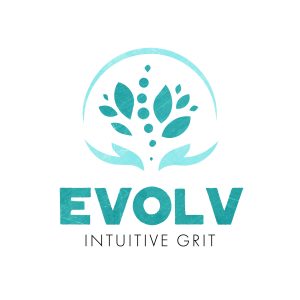
SHAME: STOP SHOULDING ON YOURSELF
There are at least five words I highly encourage you to delete from your narrative starting now: GOOD, BAD, RIGHT, WRONG and SHOULD. Why? Because they are highly shame based and unhelpful. Believe it or not, erasing these from both your spoken word and self-talk can significantly improve your mood and help those with whom you interact. Might seem silly but truthfully, small changes often yield big results. This is especially the case when shame is involved. In my experience and observation, shame is one of the nastiest little beasts of emotions that pop up in our daily life and vernacular.
Those who ever set foot in my office are familiar with my targeting of these words and my interruption and immediate request to replace them with less judgmental versions, such as ‘helpful/unhelpful, effect/not effective”. There is a strong correlation, starting as kids, to attribute doing ‘bad’ with ‘being bad’. It can destroy a person’s sense of self and ability to progress forward.
I often coach that people begin the process of self-monitoring–to be aware of what you are doing when you are actually doing it. It is a helpful and powerful skill. It is critical as it is quite difficult to change a pattern of being when you are not even aware that you are doing it.
I invite you to start to pay attention to the talk in your head (e.g. self-talk). Notice the content and you might be surprised by how negative it tends to be. You might begin to cultivate insight into how and what you say to yourself and its relation to how you FEEL. We are constantly talking to ourselves, whether we are aware of it or not, and most of our talk is critical and demeaning.
Imagine how hurt you would feel if a friend sat by your side each day saying: “How could you do that? You are so dumb! “You look fat in that dress” “You should be faster at that” etc. You would be horrified and would unlikely want to be around that person. Yet, that is exactly how we talk to ourselves each day.
When we can replace this language with more realistic and positive narratives, it can improve our self-confidence and feelings of self-worth. It can also increase our interpersonal effectiveness and rapport with others.
I encourage you to extend this concept further: Imagine the impact such wording has on someone else. (eg. You should know…you shouldn’t have…) When you use shame based language when giving feedback, even when you believe your intent to be positive, the impact is often very negative and the other person often becomes defensive and/or simply stops listening. It is very easy for this to escalate into conflict and it most always does. It is much more effective for you to own your emotions and to ask directly for what you want (eg. I feel hurt when you …can you please….). You will find people listen more and are more responsive to your requests.
In summary, shame is a very deep emotion that affects all of us. The small suggestion of removing shame activating wording is one concrete way to try to reduce its influence in our daily life. Shame is an inhibitor of happiness and personal progress. It is devaluing to ourselves and others. I encourage you to start practicing and replacing it with more helpful wording and embrace the positive results that follow.
LOOKING FOR MORE SUPPORT OR RESOURCES? CLICK here
CHECK OUT OUR PODCAST EVOLV HERE

JOIN OUR FACEBOOK COMMUNITY HERE